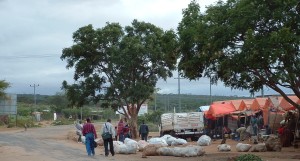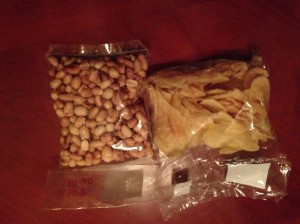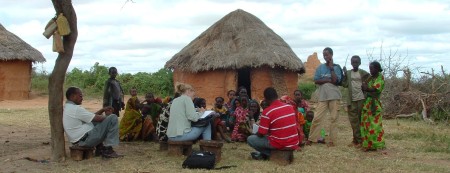Today is my last day in Addis before heading to the field.  It will likely take us 1/2 day by 4WD to get half way down to the southern tip of Ethiopia. And then another approximately 1/2 day to get to a town of about 20,000 people. Then the next day to one of the two small project sites. To the villages themselves.. another short drive.
It will likely take us 1/2 day by 4WD to get half way down to the southern tip of Ethiopia. And then another approximately 1/2 day to get to a town of about 20,000 people. Then the next day to one of the two small project sites. To the villages themselves.. another short drive.
Much of yesterday was in the office working on logistics. Driver, arranging hotel accommodations, sketching out a more detailed travel plan.
- depart early am or mid day?
- stay overnight in Awasa or head straight town and make a full run of it.
- what is the best hotel in the first small town
- is there electricity in the 2nd town, maybe we should stay 45km outside?
I went to the local grocery store to pick up some treats for the road, and will pick up more tomorrow. That in complement with a few Cliff bars should do the trick.
My brain yesterday was slightly fried from doing a preliminary analysis of 298 household surveys, and I couldn’t muster the energy to dive back in. But the timing was good because today I embarked upon a more detailed framework for field interviews, focus group discussions and potential surveys. This may be my only feasible opportunity to print paper surveys so that took top priority. (why not tech? that’s for another post)
From a bird’s eye view it’s a patchwork methodology for capturing lessons learned and measuring the potential early effects of integrating digital data collection into a community-based early warning system. While this is not a research project, there are many research methodologies that are leveraged to achieve the evaluation’s goals. What is remarkable to me is the challenges we face in meshing research approaches with programmatic project goals. For some traditional researchers it looks messy, “lacks rigor”, and even half hazard, I believe this is one area where research meets practice. Or more aptly said in this context where humanitarian practice touch points with research.
A large portion of the field work will lean upon qualitative methods; semi-structured interviews and focus group discussions. The questions may change based upon who is engaged in the conversation. And the language may also vary from English to Amharic to Afaan Oromoo. We may be in a local government office, at a local restaurant, in a hut, or under the shade of a tree.
From a researcher’s standpoint we can challenge the “validity” or “accuracy” of this approach, but is the purpose broad generalizability of integrating one type of digital data collection into two small areas of southern Ethiopia? Maybe (an likely) that’s not the goal. Maybe the goal is to gain learning/knowledge of how to creatively move forward with a multitude of actors. So that data and knowledge extraction is not the predominating factor (hopefully) for a manuscript or conference, but information and knowledge sharing for a group of people who may not care at all about peer-review.

